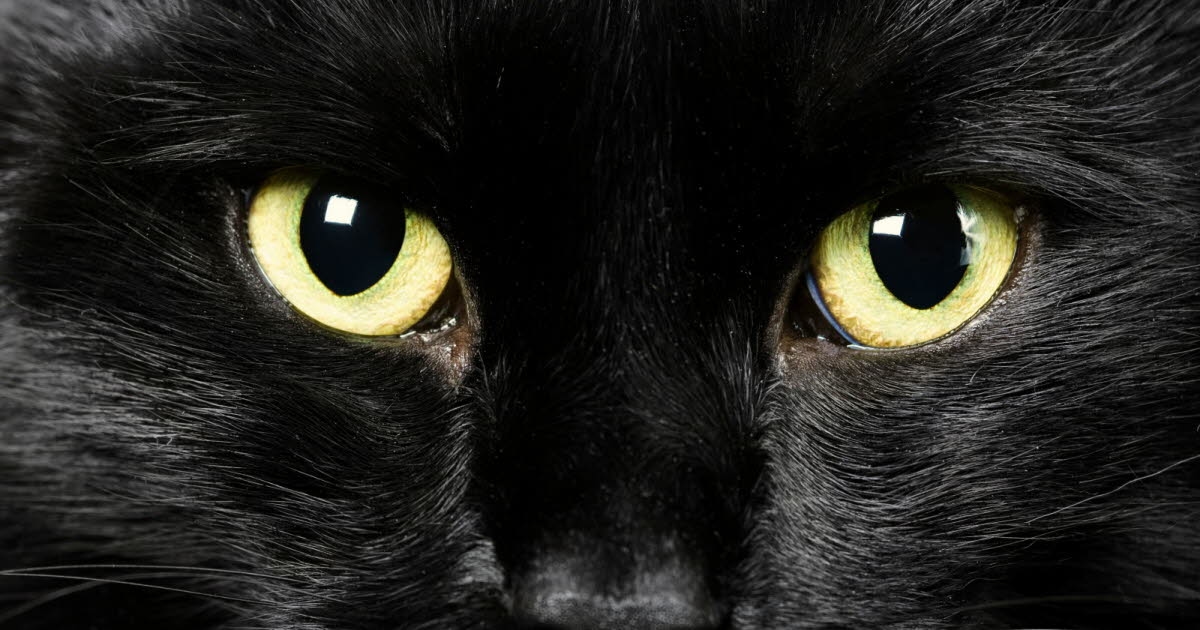Psychology. Why do we tend to believe in superstitions?

Crossing paths with a black cat, walking under a ladder, breaking a mirror… These seemingly innocuous actions that many of us avoid reveal our complex relationship with superstitions. Even when our reason tells us they have no scientific basis, these beliefs continue to influence (to some extent) our daily behavior.
Superstitions are beliefs or rituals that establish a link between some of our actions and the occurrence of good or bad luck.
According to American psychologist Susan Albers, "superstitions give our brains a sense of control ('if I do this, that will happen'), and even if we know they are not real, we often act as if they were."
Moreover, the American Psychological Association explains that when it comes to superstitions, "people may recognize that their belief makes no sense, but still act as if it does."
A universal phenomenon with many facesAll cultures and societies have their own superstitions, but with recurring themes:
- Actions or events : breaking a mirror would bring seven years of bad luck, opening an umbrella indoors would attract misfortune;
- Animals : black cats and crows are considered harbingers of bad omens;
- Lucky charms : clover, rabbit's foot, dreamcatcher;
- Numbers and figures : 13 is so dreaded that there is even a term to describe the fear it inspires: triskaidekaphobia.

The number 13 is so dreaded that there's even a term for the fear it inspires: triskaidekaphobia. Photo Adobe Stock
“Our brains are programmed to recognize patterns,” explains Dr. Albers. “We appreciate being able to identify a cause-and-effect relationship, even if it isn’t real. Superstitions help us understand the world and feel safer.”
This psychological mechanism explains why even the most rational minds can be influenced. The psychologist calls it a "self-fulfilling prophecy": "If a black cat crosses your path and you think about the superstition that black cats bring bad luck, you might become more anxious or make more mistakes, leading you to believe that the black cat has indeed brought you bad luck."
Despite the lack of scientific evidence, superstitions persist because they fulfill a fundamental human need: the need to find meaning and control in an often unpredictable world. They offer us the comforting illusion of being able to influence our destiny through simple actions.
The risks associated with superstitious beliefsWhile superstitions can sometimes reassure us, giving them too much importance can also have drawbacks:
- Scaring children: Young children tend to take superstitions literally. It is therefore important to explain clearly to them that these beliefs should not cause fear or worry.
- Contributing to anxiety: some people begin to experience great distress when their superstitious behaviors do not work.
- Developing into other mental health problems: Sometimes, addiction to superstitious behaviors can develop into phobias or play a role in obsessive-compulsive disorder (OCD). If your superstitious rituals are starting to negatively affect your quality of life, it's time to talk to a doctor or psychologist.
Le Progres


-et-meme-si-nous-savons-qu-elles-ne-sont-pas-reelles-nous-agissons-souvent-comme-si-elles-l-etaient-photo-adobe-stock-1761580351.jpg)





